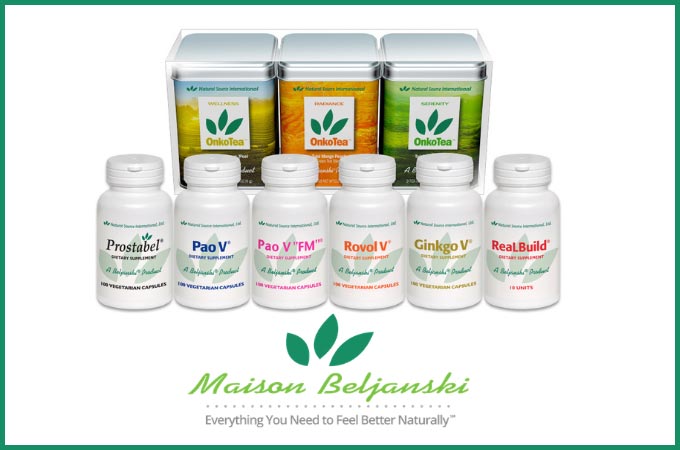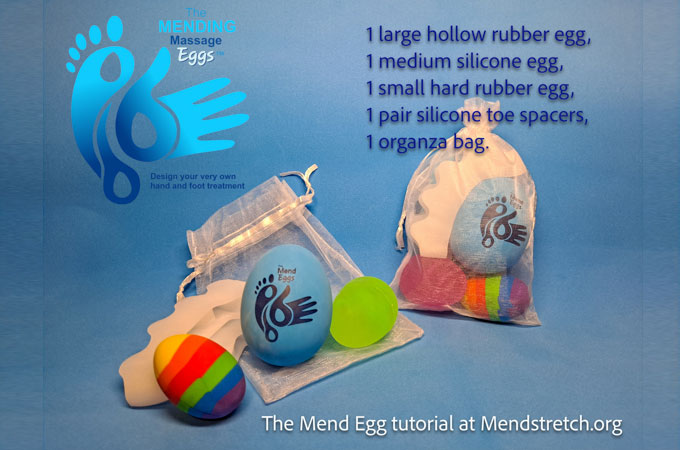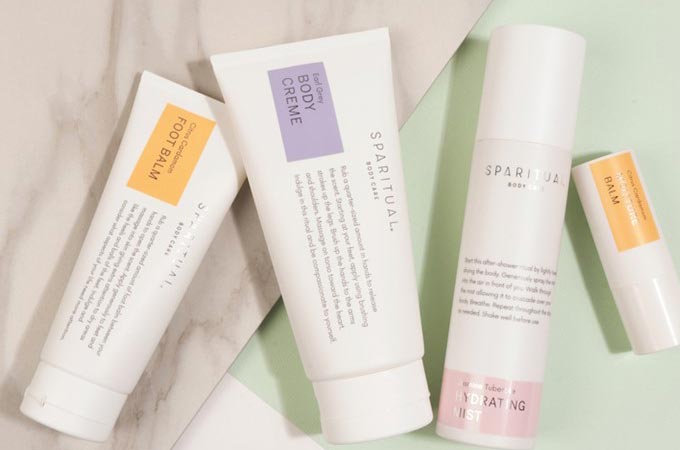Donate
☰ Menu
- About Us
- Programs
- Resources
- Wallis Annenberg GenSpace
- Anticancer Lifestyle Program
- Cancer Genetic Testing by JScreen
- Cancer Screenings
- CureCervicalCancer.org
- EWG's Healthy Home Checklist
- EWG Consumer Guides
- Cancer Cheat Sheets
- Heartfulness Meditation App
- Cancer Dos and Don’ts
- Health News
- Ina: The Intelligent Nutrition Assistant
- Search
- Events
- How You Can Help
- Shop
- Donate

























